2021 Virtual National Convention
2021 ACS Virtual National Convention
On June 7-11, ACS celebrated its twentieth year of shaping legal debate, nurturing the next generation of lawyers, judges, and advocates, and ensuring the law is a force to improve the lives of all people. The focus of the 2021 Convention was on our Constitution’s “founding failures” when it comes to race and equality in this country, and reckoning with our past to create a more just future.
Monday, June 7
Welcome Remarks from ACS President Russ Feingold and ACS Executive Vice President Zinelle October
Panel: “Toward a Third Reconstruction”
Tuesday, June 8
Featured Speaker Alejandro Mayorkas, Secretary of the Department of Homeland Security
Awards Presentation
Panel: “Advancing an Anti-Entrenchment Agenda: How to Save our Democracy by Deconcentrating Wealth and Power”
Wednesday, June 9
Awards Presentation
Panel: “The Meaning, Mode, and Value of Accountability”
Thursday, June 10
Progressive Champion Award: Desmond Meade on behalf of the Florida Rights Restoration Coalition
Panel: “The Constitution in Exile”
Career Development Session: “Promoting Progress: Lawyering in the Biden-Harris Era”
Friday, June 11
Lifetime Achievement Award: Theodore M. Shaw
Panel: “Leadership in the Face of Hate: A Conversation in Response to Rising Anti-Asian Racism and Violence”
Featured Speaker
Secretary Alejandro Mayorkas
Tuesday, June 8
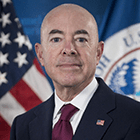
Secretary Alejandro Mayorkas |
Plenary
Toward a Third Reconstruction
Monday, June 7
The promise of racial equality remains demonstrably unfulfilled in America. With white nationalists storming the Capitol and racially motivated violent extremism on the rise, COVID-19 ravaging communities of color, and police officers continuing to kill Black people without penalty, the past year has illuminated the myriad ways in which racism permeates every corner of our society. Calls have intensified for a “Third Reconstruction” that would both complete and expand upon the work started in the wake of the Civil War and again by the Civil Rights Movement. What would a successful Reconstruction look like and what policies must be implemented or laws enacted to make it a reality? What structural and institutional changes are necessary? What lessons can we learn from international efforts at racial healing and our own previous attempts to redress wrongs done to racial communities? And how can any of these changes become reality given our increasingly polarized society?
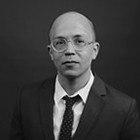
Adam Serwer (Moderator) |
|

Maggie Blackhawk |

Dorothy A. Brown |
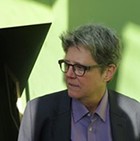
Katherine Franke |

Ian Haney López |
Advancing an Anti-Entrenchment Agenda: How to Save our Democracy by Deconcentrating Wealth and Power
Tuesday June 8th
Many of the key debates about the health of our democracy concern the concentration of wealth and power. Markedly unequal power in the marketplace has been coupled with the Supreme Court’s weakening of worker rights and protections and the underenforcement of antitrust law. And while institutions like the electoral college and the U.S. Senate were intednded to protect against the “tyranny of the majority,” they arguably now cement a “tyranny of the minority.” These developments have led some commentators to call for an “anti-entrenchment” agenda that would counter the cumulative effects of rising economic inequality and the capture of our political system through voter suppression, gerrymandering, and the corrupting influence of “big money.” What would an anti-entrenchment agenda look like? What structural reforms are necessary and what constitutional potholes should reformers plan for so that America’s democratic promise can be realized?
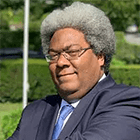
Elie Mystal (Moderator) |
|

Kate Andrias |

Josh Chafetz |
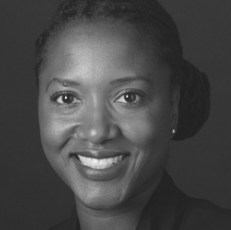
Janai Nelson |
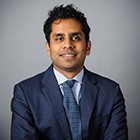
Sandeep Vaheesan |
The Meaning, Mode, and Value of Accountability
Wednesday, June 9
Who should be held accountable for the various transgressions of the Trump administration (or a future administration that similarly transgresses), in what way, and who decides? Where legal and ethics codes are violated, such decisions may be clear, but that may not always be the case. From the former president, down through high-level officials and lower-ranking attorneys who carried out the administration’s agenda, accountability is being sought for the undermining of the 2020 election and ensuing incitement to attack the Capitol, its family separation policy, the travel ban, the attack on Black Lives Matter protesters in Lafayette Park, and much more. Are law firms and universities that hire former administration officials “laundering” their reputations? Issues to be addressed by this panel may include censure, disbarment, civil litigation, and other mechanisms for holding lawyers and public officials accountable. Following a panel, we will hold facilitated breakout sessions to continue the discussion among convention attendees.

Kimberly Atkins Stohr (Moderator) |
|

Christine Chung |

Molly Coleman |

Erica Newland |

Rebecca Roiphe |
The Constitution in Exile
Thursday, June 10
Progressives face a hostile federal judiciary hand-picked by Donald Trump for the next generation, and the Biden-Harris administration commission tasked with examining court reform options remains in formation. How should the progressive legal community respond to a judiciary stacked with judges that are potentially hostile to its view of the Constitution and law? Is now the time for progressives to assert our own version of the “Constitution in Exile”? Should progressives look to reduce the influence of the federal courts or identify targets of opportunity to achieve progressive gains through the courts where they exist? What other strategies are possible? This panel will address specific subject areas by way of example, such as anti-discrimination and reproductive rights, where recent changes to the Court’s composition are particularly worrisome.

David Cole (Moderator) |
|

Katie Eyer |
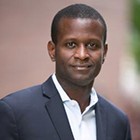
Jamal Greene |

Cindy Soohoo |

Franita Tolson |
Promoting Progress: Lawyering in the Biden-Harris Era
Thursday, June 10
Litigators and lobbyists and advocates, oh my! While many lawyers hope to, and will, serve in the Biden-Harris Administration, there are many careers progressive lawyers can pursue outside the Administration. There’s a more progressive president in office now, but there’s still plenty of work to be done to shape the future of our country. Lawyers will play a key role in promoting progress and correcting the harms done over the past four years. What jobs exist outside the Administration for lawyers who want to further progressive ideals? What other ways can progressive lawyers outside the administration influence policy decisions? How should current law students prepare for a progressive lawyering career?

Palak Sheth (Moderator) |
|

Andrea McChristian |
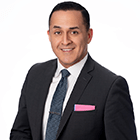
Estuardo Rodriguez |
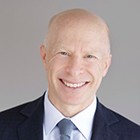 Jeffrey Sprung Jeffrey SprungAssistant Attorney General Washington State Office of the Attorney General |
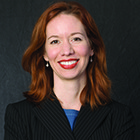
Camilla Taylor |
Leadership in the Face of Hate: Responding to the Rise in Anti-Asian Racism and Violence
Friday, June 11
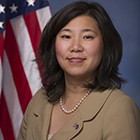
Hon. Grace Meng |
 Goodwin H. Liu Goodwin H. LiuAssociate Justice California Supreme Court |
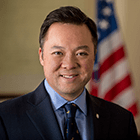
Hon. William Tong |
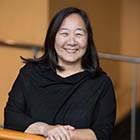
Lorraine Bannai (Moderator) |
2021 Awardees
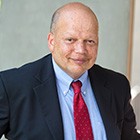 |
Lifetime Achievement AwardTheodore M. Shaw |
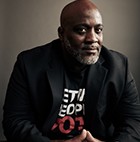 |
Progressive Champion AwardDesmond Meade |
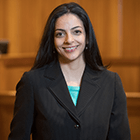 |
Faculty Advisor of the YearSharmila L. Murthy |
 |
Carliner AwardAdaku Onyeka-Crawford |
 |
Cudahy Award – StudentJoseph Daval, Yale Law School Class of 2021 |
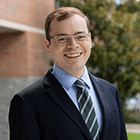 |
Cudahy Award – LawyerAndrew Hammond, Assistant Professor of Law, University of Florida Fredric G. Levin College of Law |
Lawyer Chapter of the YearACS Florida Lawyer Chapter Network ACS Programming AwardsACS Washington, D.C. Lawyer Chapter |
|
Champion
 |
Underwriter
 |
 |
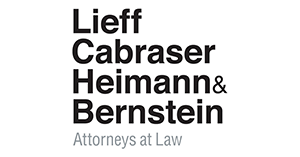 |
||
 |
 |
 |
||
 |
||||
Partner
 |
 |
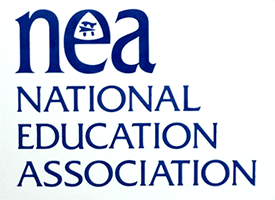 |
|
 |
 |
||
Benefactor
 |
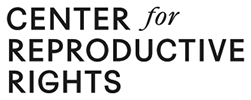 |
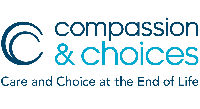 |
 |
 |
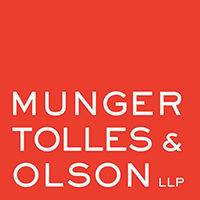 |
 |
||
Patron
 |
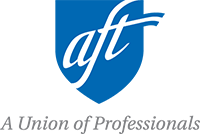 |
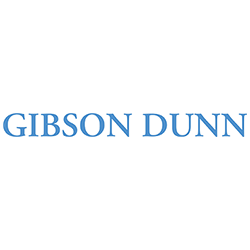 |
 |
 |
 |
 |
 |
 |
Friend
 |
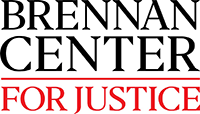 |
 |
 |
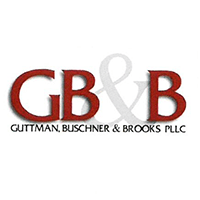 |
 |
 |
 |
 |
 |
 |
 |
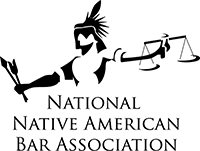 |
 |
 |
 |
 |
 |
Become a sponsor »
View our current sponsors »
CLE materials are available here (PDF).
For those who have registered for CLE credit, you must provide the two codes announced during each day’s session here in order to verify your participation and obtain your credit.
If you have a fast-approaching deadline to earn continuing legal education (CLE) credits, you can earn some by attending the ACS Convention this year for the low cost of $100.
Most states will accept between 5-6 CLE credits for this year’s ACS Convention. And since some of us have fast-approaching deadlines this summer, this is an excellent opportunity to fulfill that requirement.
Whether you need to earn CLE credits or are just looking to participate in engaging discussions, join other likeminded progressive lawyers from across the country, and reserve your spot at the Convention today.
If you have further questions about CLE, please reach out to LCEmails@acslaw.org.
